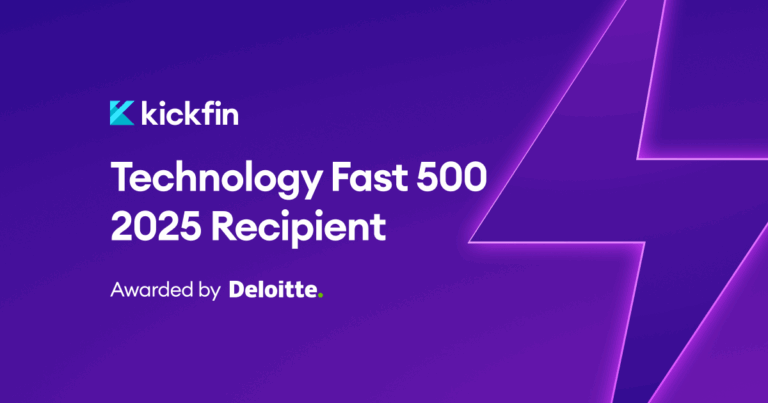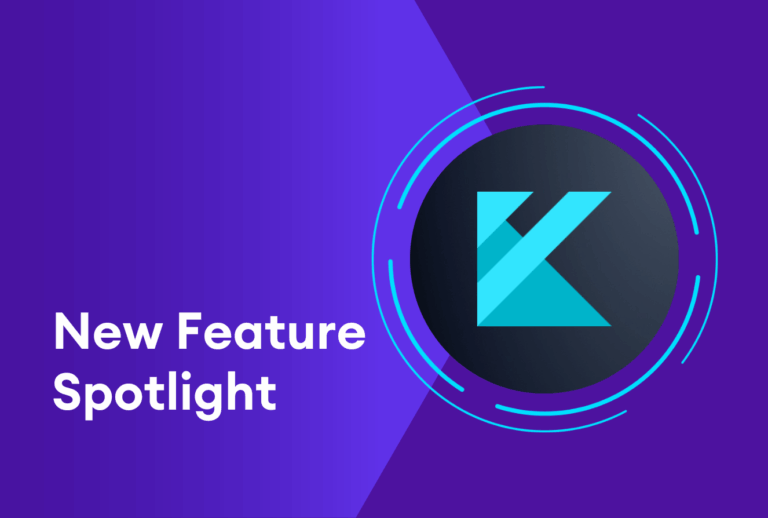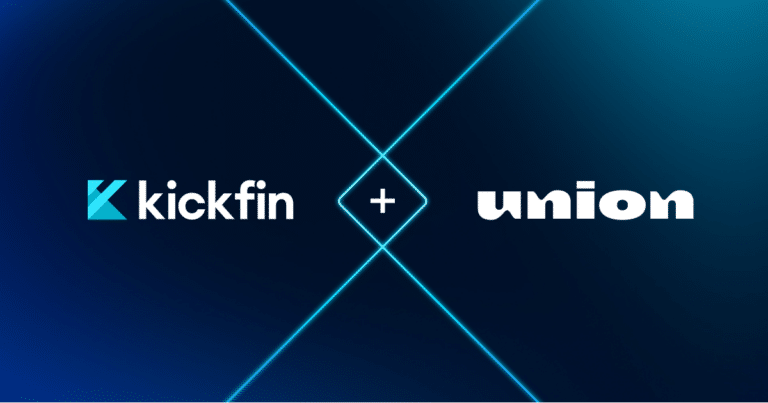If you run a restaurant and you’re not yet a restaurant podcast junkie: Your time has come.
For those restaurant owners and execs who have blissfully ignored the recent podcast wave — we get it. Every time you turn around, it seems that someone’s launched their own show. It can be hard to separate the treasure from the…well, the other stuff.
But there are some real gems in the hospitality podcast world. If you follow the right folks, you’ll get unprecedented access to seasoned, successful (sometimes famous) restaurant pros. And they’ll lay it all out there for you — from unbelievable war stories to operational insights to crazy, never-before-shared growth hacks that actually worked. And of course, some that didn’t.
So: the next time you’re commuting to work, or traveling, or washing dishes, or trying to tune out your toddler’s tantrums (just us?), grab your AirPods and add these podcasts to your must-listen list.
The Best Podcasts for Restaurant Owners
Food on Demand // Tom Kaiser and Nick Upton
Food On Demand is a monthly podcast that covers the latest news “at the intersection of food, technology and mobility,” with a heavy focus on the future of delivery and off-premises operations. Most episodes feature a specific topic or trend — e.g., drone delivery, virtual kitchens — as well as interviews with experts and operators who are driving the evolution of foodservice. Past guests include David Bloom, Chief Development and Operating Officer of Capriotti’s; Don Fox, CEO of Firehouse; and Fred Lefranc of Results Thru Strategy.
- About the hosts: Tom Kaiser is the editor of Food On Demand, a media brand for restaurateurs, foodservice professionals, restaurant technology suppliers, and catering and delivery providers. Nick Upton is the Restaurants Editor for Food on Demand and Franchise Times. In addition to the podcast, Food on Demand also publishes a weekly e-newsletter and hosts an annual conference.
- Catch an episode: Episode 20 of Food on Demand features Meredith Sandland and Carl Osbourn, authors of “Delivering the Digital Restaurant.” Listen here.
FULL COMP: The Voice of the Restaurant Industry Revolution // Josh Kopel
Created in partnership with Yelp for Restaurants, FULL COMP is a weekly podcast that explores the past and future of the hospitality industry. Host and Michelin-rated restaurateur Josh Kopel interviews both renowned hospitality professionals (ever heard of Wolfgang Puck?) as well as thought leaders from outside of the industry — many of whom offer smart new perspectives on an old business.
- About the host: With more than 20 years in hospitality under his belt, Josh created FULL COMP to help restaurateurs “survive the present and thrive in the future.” He also hosts Restaurant Marketing School, and he’s currently the president of the California Restaurant Association.
- Catch an episode: Episode 160, “Offboarding Yourself,” features Michele Hecken, an executive coach who helps business owners get out of their own way so they can foster growth and empower their team.
Hospitality Hangout // Michael “Schatzy” Schatzberg and Jimmy Frischling
A production of Branded Strategic Hospitality and Foodable Network, Hospitality Hangout is a podcast devoted to all things hospitality, technology and capital. The “Restaurant Guy” (Michael Schatzberg) and the “Finance Guy” (Jimmy Frischling) explore the latest trends and breakthroughs in hospitality tech — which includes everything from digital marketing to kitchen robots. While the two lively hosts bring plenty of personality (and smarts) to the show, most episodes also feature conversations with industry leaders who know a thing or two about restaurant innovation.
- About the hosts: Michael Schatzberg and Jimmy Frischling are co-founders of Branded Strategic Hospitality. Michael is also the managing director of Branded Restaurants (which Jimmy co-founded), and he has over 35 years of hospitality brand development, management, and marketing experience. An entrepreneur and finance professional, Jimmy has over 30 years in the financial services, capital markets and hospitality industries. He serves as partner and finance director at Branded Restaurants, and he’s a principal at Oak Branch Advisors as well as a trio of municipal bond data and technology companies.
- Catch an episode: Season 5, Vol. 2 features Carissa De Santis, chief information officer at Dickey’s Barbecue Restaurants, who talks about building their virtual brand, international expansion, and more.
Restaurantopia // David Ross, Brian Seitz, and Anthony Hamilton
Restaurantopia is a podcast all about restaurant management and operations. It’s heavily geared toward independent restaurants — but really, there’s something for everyone. Episodes feature a wealth of tactical content, and it’s a great podcast to follow if you’re looking for information specifically around cost control, marketing, management and personnel issues. Interviews focus on real-world learnings and successes from guests like Ken McGarrie, founder of Korgen Hospitality, and David “Rev” Ciancio, a hospitality marketing executive.
- About the hosts: David Ross is a sales pro and the COO of Hillcrest Foodservice, which sponsors the show. Brian Seitz, a member of the Hillcrest management team, has a background in operations, law and finance. Chef Anthony Hamilton is a graduate of the Culinary Institute of America and has more than 20 years of restaurant and hospitality working experience, ranging from quick-service outlets to full-service catering to fine dining.
- Catch an episode: Episode 66, “Restaurant KPI Benchmarks and What to Make of Them,” breaks down specific numbers around common (and uncommon-but-useful) industry benchmarks.
Restaurants Reinvented // Jen Kern
The Restaurants Reinvented podcast spotlights industry leaders and change agents — both the seasoned pros and the up-and-comers you need to know. Host Jen Kern brings a strong perspective to the show, asking her interviewees insightful questions around brand building, guest engagement, and revenue-driving strategies. The knowledge and experiences shared here inspire listeners to approach historical challenges in new ways — and they can expect to leave each episode ready-to-implement tools and tactics for their own operations.
- About the host: Jen is the CMO of Qu, a centralized restaurant tech platform that goes beyond POS to connect on- and off-premise ordering, loyalty, and production experiences for restaurant chains. A long-time CMO, Jen leverages her business acumen to draw out stories and insights from her guests that resonate with restaurant owners on every level.
- Catch an episode: In Episode 9, Jen interviews Greg Creed, former CEO of Yum! Brands. Greg shares insights and lessons learned from his time leading some of the world’s most well-known brands.
MP TV // Matt Plapp
MP TV is an “in-person video podcast” — but unless you really want to put a face to the voice, listening in is usually sufficient. Host Matt Plapp interviews restaurant and brewery owners and operators about their successes and failures in the business. Matt isn’t afraid to ask tough questions about wins and losses, and he likes to go deep on topics like building and retaining a strong team, brand development, and customer loyalty. In addition to business owners/operators, he’ll often bring on industry vendors and advisors — like food distribution execs and CPAs with a hospitality focus.
- About the host: Take one look at Matt’s website, and you can tell he’s a busy guy. In addition to running MP TV, Matt is the founder and CEO of America’s Best Restaurants, an industry consultant for major franchise brands, and three-time author. He’s kind of the “king of content” for restaurants; if you’re ready to take your business to the next level, Matt’s probably got a resource for you.
- Catch an episode: “Crunching The Numbers With Chris Rogers” features the CEO of AEH Accounting, who shares advice and ideas about restaurant marketing and finance.
BDO To-Go Podcast // Jeff Tubaugh and Dana Zukofsky
BDO To-Go is a monthly podcast hosted by Jeff Tubaugh and moderated by Dana Zukofsky. Each episode features subject matter experts who explore industry trends and best practices. The conversation often revolves around the impacts of ongoing consumer and economic shifts — and how to leverage constant change to achieve meaningful growth and success.
- About the host: Jeff is a partner at BDO and Dana is a director in the firm’s National Restaurant Practice. Both Jeff and Dana have deep expertise in restaurant/hospitality accounting, compliance, and other financial aspects of the business.
- Catch an episode: “The Scope of Restaurants Today: Supply Chain and Labor Shortages” features Mark Bromberg, the president at Apex Restaurant Group, which focuses on chain restaurant improvement, management, and rejuvenation.
Keys to the Shop // Chris Deferio
There’s a special niche in the podcast world just for coffee shop and cafe owners (and plain old coffee-lovers). Chris Deferio’s podcast is a definite stand-out. Keys to the Shop provides coffee retail professionals the insights and tools they need to grow their business or advance their coffee careers. Chris, an expert himself, leans on fellow industry vets to deliver actionable advice around management, leadership, and personal development. At the time of this publication, Chris has produced over 300 episodes.
About the host: Chris has spent more than 20 years in the specialty coffee retail industry. His roles have included barista, trainer, multi-unit cafe operations manager, consultant — and of course, podcast host. His clients range from small-but-growing cafes to large, well-established brands.
Catch an episode: In episode 314, “The 6 Essential Qualities of Coffee Shop Leaders,” Chris discusses the things leaders develop in succession that allow them to lead people sustainably.
Are we missing your favorite podcast?
If you listen to (or host!) a show for folks in the restaurant business — give us a shout on LinkedIn and we’ll add it to our list!





